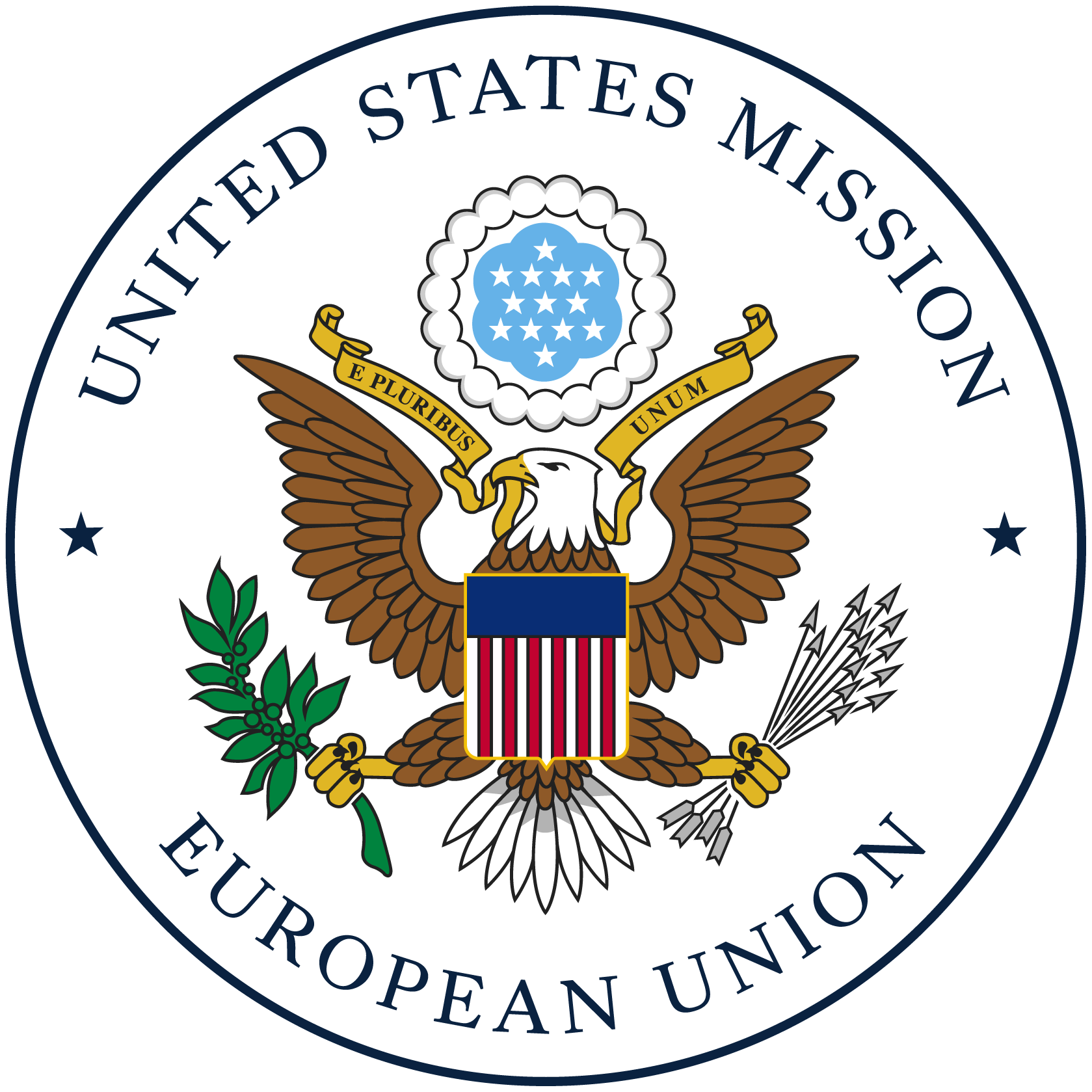On November 17, 2021, the European Commission published a legislative proposal for a new Regulation on “making available on the Union market as well as export from the Union of certain commodities and products associated with deforestation and forest degradation.” The Commission’s objective is to curb deforestation and forest degradation that is linked to European consumption and production of select agricultural products.
On December 6, 2022, after a long legislative process, the European Parliament and the Council of the European Union reached a political agreement on the proposal.
The Regulation establishes rules for a list of commodities identified as the main drivers of agricultural expansion leading to deforestation and forest degradation: cattle, cocoa, coffee, palm oil, rubber, soy, and wood.
It introduces a benchmarking system to assess countries and their level of risk of deforestation and forest degradation driven by the commodities in the scope of the regulation. The risk level assigned to each country through the benchmarking system (low, standard, or high) will determine the level of scrutiny applied to the relevant products it exports to the EU.
The text of the Regulation is expected to be formally adopted through votes in the Parliament and Council sometime in the spring of 2023. Following formal adoption, the text will be published in the Official Journal of the European Union and enter into force 20 days thereafter. The Commission is required to complete its benchmarking assessment of all countries within 18 months from the Regulation’s entry into force; most of the requirements related to due diligence and the obligations of business operators will apply at that time.

